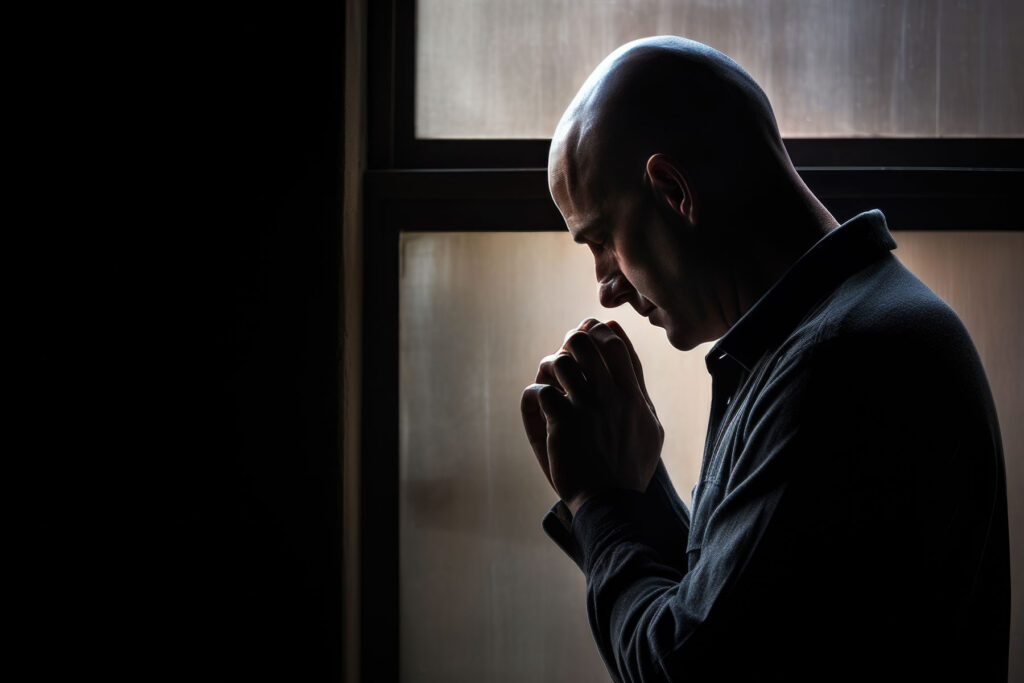Addiction is a disease that affects millions of people worldwide. It is a chronic, relapsing condition that impacts the brain and behavior, leading to harmful consequences. Many people think that addiction is a choice and that those who become addicted lack willpower, but this is not true. Addiction is a complex disease that can occur to anyone, regardless of age, gender, or social status. Addiction follows a particular pattern, and it’s essential to understand the stages of addiction.
Contact The Ranch today at 1.844.876.7680 to learn more about our addiction treatment programs and how we can help you or a loved one experience lasting recovery. Don’t wait to seek help for addiction. It can have life-altering consequences, and professional treatment can help individuals overcome the stages of addiction and reclaim their lives.
The Stages of Addiction
Addiction is a journey that typically includes several stages, each with its unique characteristics and challenges. What are the stages of addiction? Here’s how to identify when you or a loved one is struggling with addiction:
Stage 1: Experimental Use
The first stage of addiction is experimental use. During this stage, people try drugs or alcohol out of curiosity or peer pressure. They may enjoy the feeling of being high or drunk and try it again. However, at this stage, they can still control their drug or alcohol use. They may believe they can stop anytime they want. It’s essential to recognize the signs of drug or alcohol use at this stage and intervene early to prevent the progression of addiction.
Stage 2: Regular Use
The second stage of addiction is regular use. During this stage, individuals begin to use drugs or alcohol frequently. They use it to cope with stress, anxiety, or depression or to have fun. They may experience negative consequences such as poor academic or work performance, relationship problems, and legal issues. They may continue to use drugs or alcohol despite the negative consequences. At this stage, addiction treatment programs can help address the underlying issues that lead to drug or alcohol use and prevent further damage.
Stage 3: Risky Use
The third stage of addiction is risky use. During this stage, individuals use drugs or alcohol in dangerous situations. They may drive under the influence, engage in risky sexual behavior, or use drugs or alcohol when operating heavy machinery. They may also experience health problems such as liver damage, respiratory issues, or memory loss. At this stage, addiction treatment programs can help individuals realize the severity of their addiction and work toward recovery.
Stage 4: Dependence
The fourth stage of addiction is dependence. During this stage, individuals cannot function without drugs or alcohol. They experience withdrawal symptoms such as nausea, tremors, or anxiety when they try to quit. They may also require more drugs or alcohol to achieve the same effect. Dependence is a severe stage of addiction that requires professional help to manage withdrawal symptoms and prevent relapse.
Stage 5: Addiction
The final stage of addiction is addiction. During this stage, individuals cannot imagine their life without drugs or alcohol. They prioritize drugs or alcohol over everything else in their life, including family, work, or personal health. They continue to use drugs or alcohol despite the negative consequences, and it’s challenging to quit without professional help. Addiction treatment programs can help individuals overcome addiction and regain control over their lives.
How Addiction Treatment Programs Can Help
Addiction treatment programs offer various therapies and programs to help individuals overcome addiction. These programs may include detoxification, medication-assisted treatment, individual and group therapy, and support groups. Addiction treatment programs can help individuals identify the underlying issues that lead to addiction, develop coping skills to manage stress and cravings and improve their overall health and well-being.
How You Can Support Your Loved Ones
If you have a loved one who is struggling with addiction, it’s essential to offer your support and encouragement. You can express your concerns and encourage them to seek professional help. It’s important to avoid judgment and criticism and instead focus on being supportive and understanding. You can also attend family therapy sessions to learn how to support your loved one and improve your relationship.
Call The Ranch Today to Start Addiction Treatment
At The Ranch, we offer addiction treatment programs to help individuals overcome addiction. Our programs are designed to address the individual’s unique needs and provide personalized care throughout their recovery journey. If you or a loved one are struggling with addiction, contact us today at 1.844.876.7680 or online to learn how we can help. Together, we can overcome addiction and reclaim a fulfilling life.




